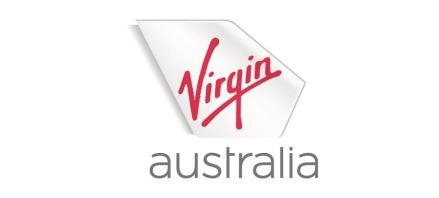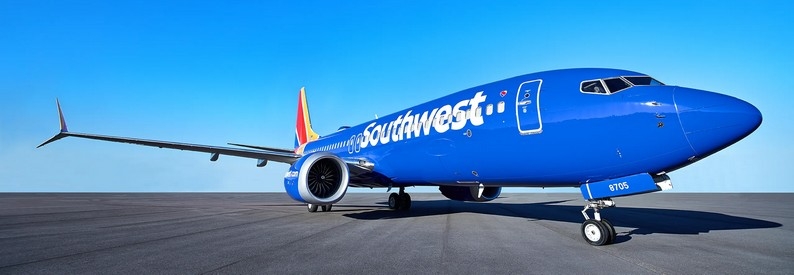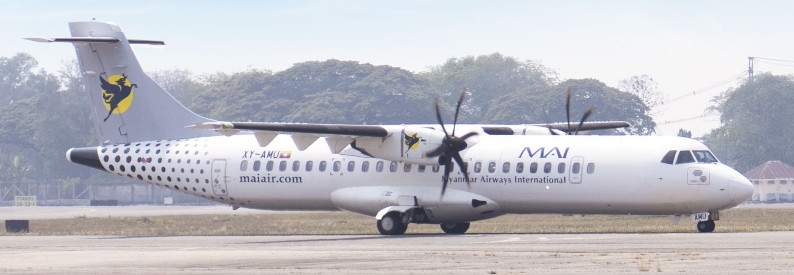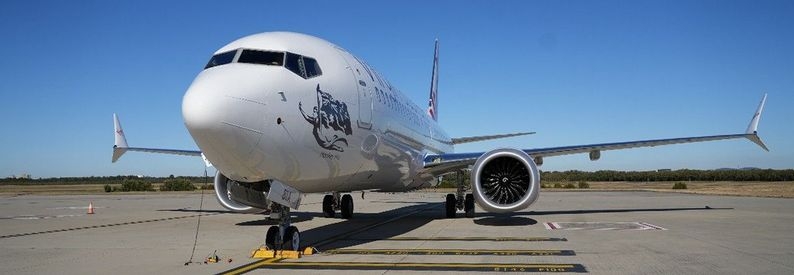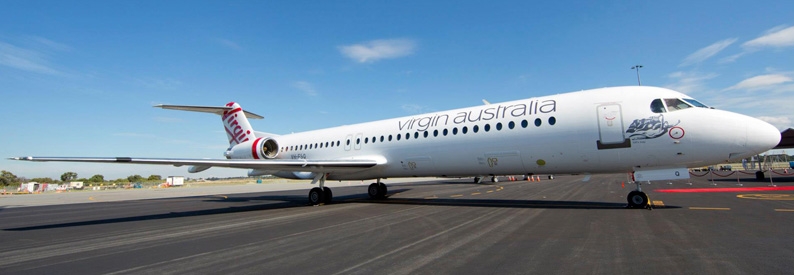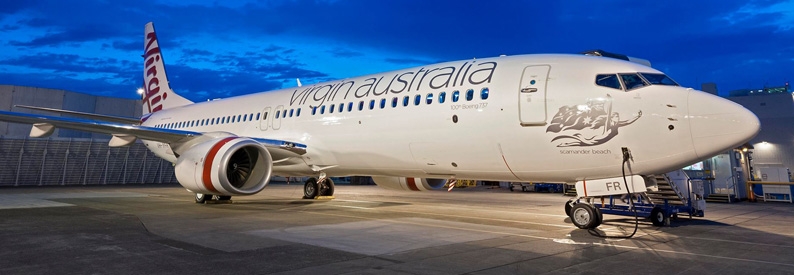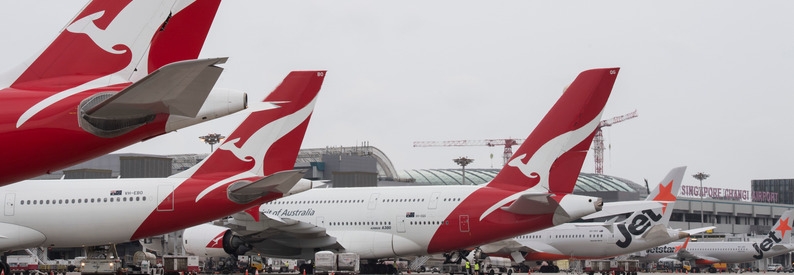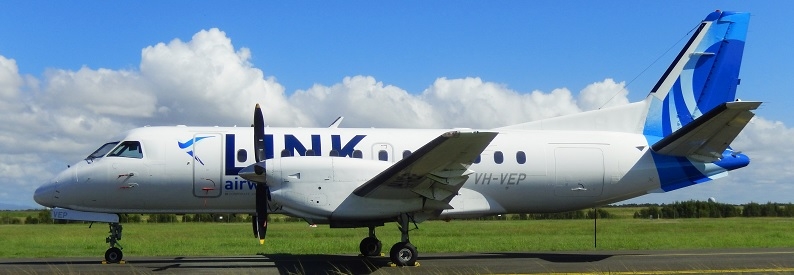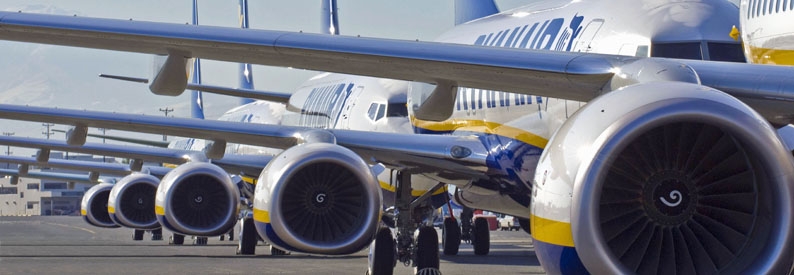The Australian Competition and Consumer Commission (ACCC) has officially renewed Virgin Australia's and Delta Air Lines' trans-Pacific partnership authorization by a further five years. The announcement comes 8 weeks after provisional acceptance was first announced.
"The applicants sought re-authorisation for a period of 10 years," the regulatory body said. "The ACCC granted authorisation for five years due to the ongoing evolution of services on the trans-Pacific and the dynamic nature of the aviation industry."
Under their alliance, the two carriers offer both codeshare and interline connections to an expanded network of 191 destinations within North America and Central America and 59 destinations throughout Australasia. They also coordinate flight scheduling and connection times and cooperate across each other's frequent flyer programs.
While the ACCC deemed a renewal of the alliance's authorisation to be in the public's interest given its access to a single integrated network and associated onward domestic US and Australian connectivity, it did raise concerns that bringing together two airlines that would otherwise be close competitors on US-Australia flights would lessen competition and create an operation akin to that of dominant carriers Qantas and American Airlines (AA, Dallas/Fort Worth).
Of the five Australia-US routes examined for potential anti-competitive effects (Sydney Kingsford Smith to Los Angeles Int'l/San Francisco/Dallas/Fort Worth; Melbourne Tullamarine to Los Angeles International; and Brisbane International to Los Angeles Int'l), the ACCC said it had focussed on Sydney-Los Angeles in particular as it is the only route on which both Virgin and Delta currently operate services, and it is the largest of the trans-Pacific routes by capacity.
"On this route in the year ended April 2015, Qantas (QF, Sydney Kingsford Smith) was again the largest competitor with 48% of capacity compared to 37% for the Alliance and 15% for United Airlines (UA, Chicago O'Hare)," it said.
Given the Alliance's position in respect to Qantas/AA's dominance, the ACCC ruled that material public benefit would outweigh any detriment to the public interest and thus renewed its approval until September 7, 2020.
The Australian carrier is also seeking a ten-year re-authorisation for an existing alliance with Etihad Airways (EY, Abu Dhabi International) covering flights between Australia and the Middle East. The application was submitted on August 6.
Under their agreement, Etihad codeshares on Virgin Australia International's 3x weekly Sydney-Abu Dhabi International service while Virgin codeshares on Etihad's multiple weekly flights from Abu Dhabi to Brisbane International, Melbourne Tullamarine, and Perth International. Virgin Australia also codeshares on Etihad flights to an additional thirty nine destinations beyond its Abu Dhabi hub while Etihad codeshares on Virgin Australia flights to fifty destinations beyond its Australian gateways.
Should their alliance be extended by the requested ten year period, Etihad has pledged to expand its Australia services employing some of the fourteen new weekly Sydney, Melbourne, Brisbane, and Perth International frequencies that were allocated to the UAE under a March 2015 deal with Canberra.
The Virgin/Etihad Alliance argues that its renewal and extended growth would be in the public interest given that it would provide additional competition to dominant carrier Emirates (EK, Dubai International) and partner Qantas which together fly 80% of passengers between Australia and the United Arab Emirates (UAE).
